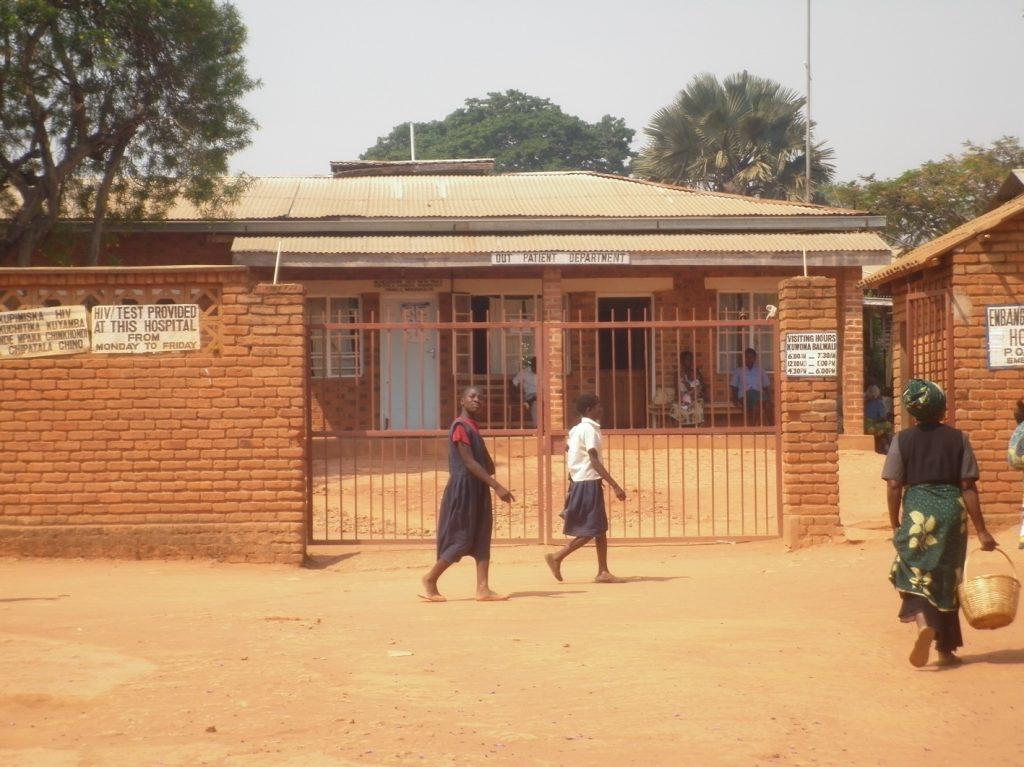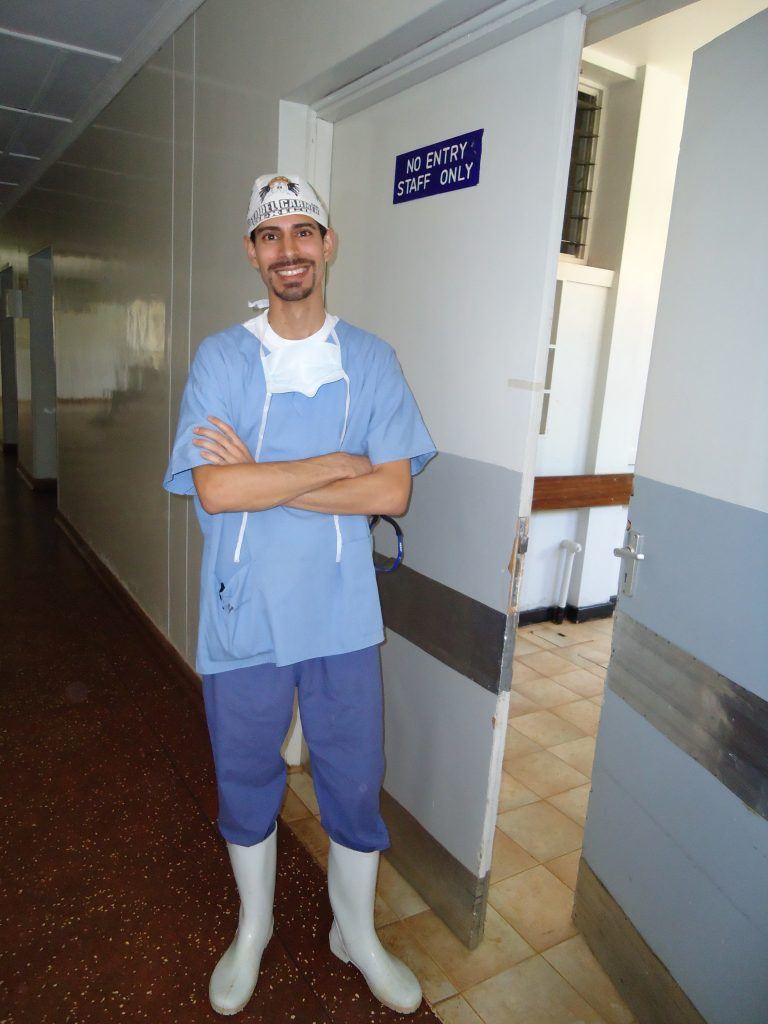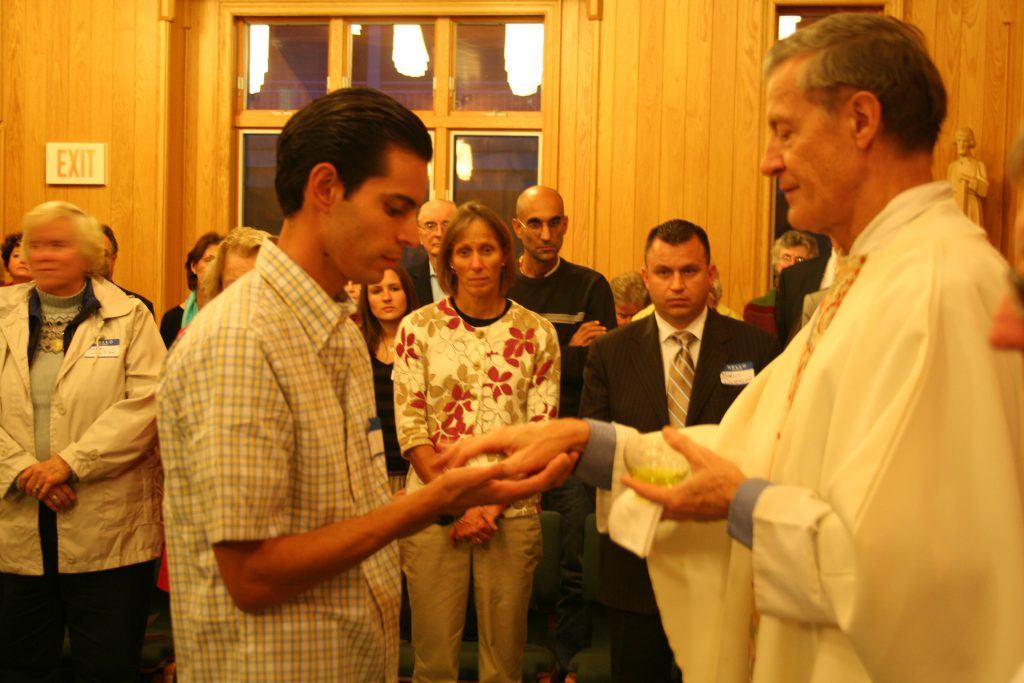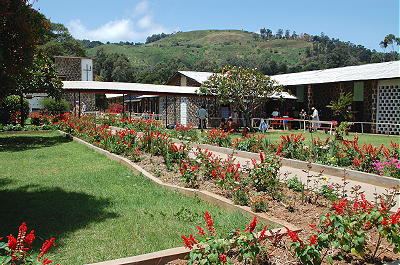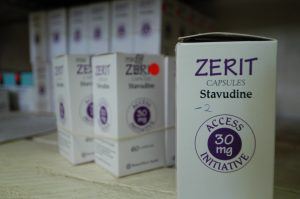Interview With a Doctor
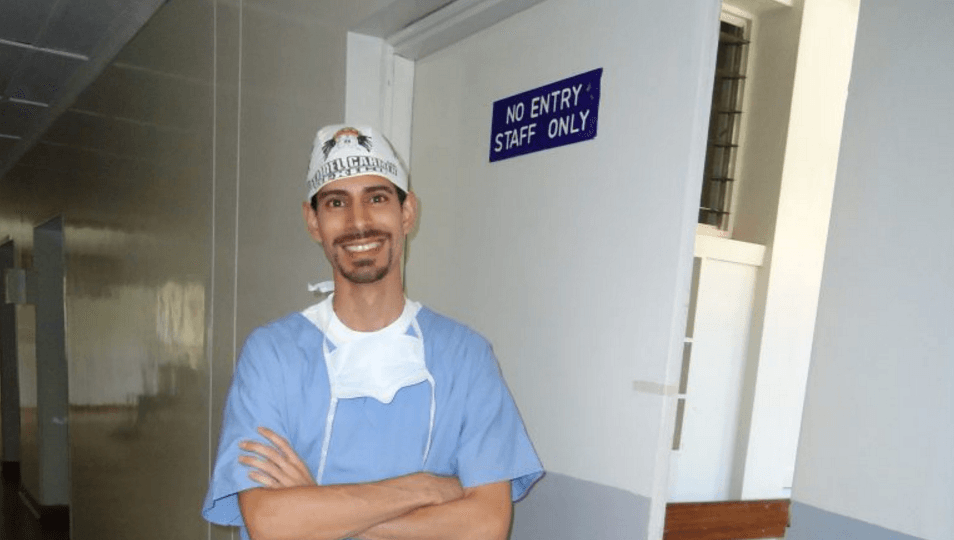
Dr. Jaime Pardo MD, affectionately referred to as Dr. Jimmy by friends, colleagues, and patients, started his journey with CMMB over a decade ago. He was referred by a CMMB alumni to the Volunteer Program and served for more than 2 years in Kenya as a medical volunteer at two of our partner mission hospitals in remote areas. Dr. Pardo completed his medical school degree at the David Geffen School of Medicine at UCLA and his residency at the PIH Health Family Medicine Residency Program, which included additional training in tropical medicine and global health.
During medical school, he solidified his understanding of the importance of community service and the great need for providing efficient, effective, and affordable healthcare to all, especially to underserved populations. Throughout his residency, he participated in various community outreach programs and also had an opportunity to develop his leadership skills as co-chief resident. He was also part of the Tropical Medicine Program through which he had an opportunity to work in Cameroon and Malawi.
Dr. Jimmy recently returned to Malawi to continue his incredible work, along with two Family Medicine rRsident program physicians. Before leaving we had a chance to speak with him about his work and the impact that volunteering and community outreach in remote and resource-poor areas has meant in his life – both professionally and personally. His responses during the interview offer meaningful insight into the life of a doctor dedicated to living out the CMMB Mission.
Interview with Jaime Pardo occurred on February 27th, 2017
Would you share with us your personal mission as a doctor?
As a medical doctor I strive to provide compassionate, humanistic, and quality, evidenced-based primary medical care to underserved communities, especially those afflicted by extreme poverty. I am a board-certified family medicine physician with certification in clinical tropical medicine and travelers’ health. I am interested in: working with low and middle income populations affected by diseases of poverty, the development, management, and implementation of healthcare projects that focus on providing accessible, affordable, and sustainable health care to vulnerable populations and medical education and its role in improving the clinical and diagnostic skills of healthcare workers who want to work with underserved and vulnerable populations. I am currently a core faculty member at the PIH Health Family Medicine Residency Program and I am the director of the tropical medicine/global health curriculum.
Tell us about your current role at the Family Medicine Residency Program
As a core faculty member in the residency program, I maintain a panel of primary care patients and assist with resident and medical student education in both the inpatient and the outpatient settings. The PIH Health Tropical Medicine Program is a longitudinal, three-year clinical track that is integrated into the Family Medicine Residency Program. As director of the Tropical Medicine program, I am also responsible for the continued development, and implementation of the longitudinal track curriculum that covers the major aspects of clinical tropical medicine and global health.
Each resident that is part of the tropical medicine track participates in two international rotations in low and middle-income countries. I travel with residents twice per year to international sites where they are able to apply the clinical and global health concepts they have learned and skills they have developed as family medicine residents.
We work closely in collaboration with local clinicians and provide care to patients in the inpatient and outpatient setting as well as through various community outreach programs. Patients present with a variety of clinical conditions which are complicated by other underlying disorders such as tuberculosis, HIV/AID, malaria, diarrheal illnesses, and malnutrition. Additionally, I help residents learn basic principles such as resource allocation and public health interventions in the context of low and middle-income countries and vulnerable populations. I have worked with and supervised resident physicians and healthcare workers at different health facilities in Cameroon, Malawi, Peru, and Zambia.
So, what’s next?
I’m going to Malawi on Friday and then have another trip to Cameroon later this year. While in Malawi, I will be serving at Embangweni Hospital along with two fellow physicians. They are doctors who have already finished medical school and are now in the midst of their residency training. Together, we will travel to Malawi to provide medical services.
You have been a part of many mission trips to low resource settings. Tell me what you’ve learned?
I’ve learned that it is important to step out of our comfort zone.
We often go about our daily lives and routines without taking a moment to think about how our skills and gifts can be used to help others. Things that might be important to us on an individual basis may not necessarily help improve the lives of those that are less fortunate. I’ve learned that it is important to take a moment to understand the needs of the community we are working with and to ask “how can I help? How can I make an impact.”
Dr. Jaime Pardo on the job in Kenya
Do you ever encounter people in low-resource settings who question the concept that God is going to help them, especially when there is a temptation for them to feel that they have been forgotten?
It’s been really interesting because some of the people that I have encountered with the most faith in God have been in places where people live in extreme poverty. For example, I’ve had cases where mothers come to deliver in the hospital and the infant dies within a few minutes of birth due to unforeseen complications. Or times when infants die en route to the hospital because transportation is not always available. It can take 15 hours to reach the hospital from their village! Although these mothers grieve and mourn their loss, they almost always tell me it’s the will of God and I have rarely seen them question their faith in God.
I don’t know if it’s the nature of the Catholic Church that teaches us to trust in God at all costs or if people learn to trust in God when they don’t have many material possessions. My experiences in working in low resource settings – seeing babies and mother die – have probably made me question my own faith and trust in God much more than I’ve seen the people of these communities question their faith. If anything, the example of how they live their lives and share their gifts with others has enriched my own faith.
If you go to spiritual gatherings with members of these communities, they are filled with such joy, hope, and faith in God. When I am there it helps me to find myself and my own faith in God. That’s why I like going, I find myself, I reflect, and I think about my own convictions.
“Look at the birds in the sky; they do not sow or reap, they gather nothing into barns, yet your heavenly Father feeds them. Are you not more important than they?” Matthew 6:26
How long have you been connected to CMMB?
My first trip with CMMB was in 2007 to St. Elizabeth Hospital Shisong in Cameroon. I had always thought that I would like to do some sort of volunteer work or work in another country. I knew I wanted to serve people who had fewer resources; I didn’t know in what capacity.
That trip to Cameroon is really what changed my life in terms of the way I view my profession and what I could do to help others. I was still in my second year of residency training at that time, and I had an opportunity to travel with my mentor, Dr. Alexis Cambanis, who had spent several years in Cameroon volunteering with CMMB. That was a really positive experience that helped to open my eyes to what it really meant to serve others. After that initial volunteer experience, I did a lot of prayer, a lot of meditation, and I decided I wanted to volunteer for CMMB full time. When I initially volunteered, I committed myself to being a short term volunteer, and signed up for an eight month trip in 2009. On this occasion, I ended up going to Kenya. Once I was there I found my own faith, I found myself, I viewed things in a different way, and those eight months turned into a little bit over 2 years. Once you’re there you start developing relationships; you develop friendships; you get to doing your own things, and as a result I started to ask myself: “Why would I want to go back to California? Why would I want to go back to my home country?” You develop your own life there, and that’s how I ended up collaborating with CMMB for the long haul.
What are the challenges you’ve face professionally and personally while traveling and working in these low-resource areas?
One of the biggest challenges that I have faced is learning to accept that there is only so much that can be done for someone from a medical point of view. It’s very frustrating knowing that technologies, medications and life-saving medical supplies exists and are just unavailable. Another challenge has been accepting that there are limits to what you can do. For example, I was in Kenya once, and I had a mom that had brought her child with meningitis to the hospital. It was a young child probably around four years of age. The child was very ill – she had been unconscious for several days. She couldn’t speak or walk, and she wasn’t eating. We inserted a feeding tube to ensure she was getting some nutrition. After a few days of being in the hospital the child began to wake up and started to show signs of improvement.
After six days of hospitalization, the father came. He spoke with the mother privately and seriously. I remember when she came to me and said, “Okay, we need to go home now.” At this point, the staff and I are thinking: “Wait a minute, you’re going to take this child home?” I explained to her that the treatment course for meningitis is 14 days and that if she left, we could not be sure the child would survive.
The response she gave was something I didn’t expect.
“I know that she’s sick, and of course I want her to get better, but I have three other children at home. They are all very young and there is no one to care for them right now. Not the way I can care for them. If I stay here I know I can save this one, but I may lose the other three. If I go home, I risk losing this one, but my other three children will be ok.”
How do you respond to that? Imagine facing these kinds of decisions?
In the United States, we as doctors and medical personnel would say: “No, you can’t go home and stop the treatment. We’ll call family and welfare services.” But in this context, when you have someone telling you: “Look I live in a village; I’m in the middle of nowhere, so either I take my chances on the one and help the three, or I lose the three and maybe keep the one” you can’t stop them. We can’t even begin to understand the difficulty of the lives the people are living – who am I to tell them what’s right?
That is when I realized that there is only so much you can do. And you need to be able to respect what their concerns are – respect their decisions. And it’s not because they don’t love their children. It’s because that’s what poverty does to you.
It forces you to choose; to make choices that no parent should have to make.
Do you fell that these challenges have changed you professionally as a doctor?
Of course – both professionally and personally. I do not want to get political, but the way our health system is in the United States – we have access to an immense number of resources. For example, if you come into the emergency room with an unexplained, persistent headache, chances are you will get an MRI or a CT scan and it costs $5,000-7,000. In a moment of distress, no one will think twice about it. And then you go visit these countries where even a basic vaccination that costs $1 or $2 is out of most people’s reach.
On a professional level, you begin to realize how certain things are overlooked, things tied to public health, like clean water, sanitation, and immunizations. They are too often forgotten and not funded for. I think you see that particularly now in the era of the HIV epidemic, of tuberculosis. You see how money gets funneled to all these important things – malaria prevention, HIV prevention, yet no one’s talking about the diarrheal illnesses or the respiratory tract infections, or just nutrition. We are trying to do something good, but in that process of trying to do something good sometimes, we miss things that are needed that perhaps we don’t fully understand.
What are your hopes for the future?
My goal, and my wife’s goal would be to try to show our children a different part of the world and a different way of life. To expose them to the way that many people in the world live and the challenges that they face on a daily basis so that they have gratitude for all they have. We have a newborn right now, she is four months old and our son is nearly three. Our hope is that at some point we are going to be able to return to live in sub-Saharan Africa as a family. Whether it’s for a short period or a long period we don’t know yet. But our idea is to first and foremost expose our children to something different and open their eyes to a different way of life.
My other hope for my life…I hope that one day when I’m no longer in this world, people will look back and remember me as someone who tried to do something good for others.” I think that is the only thing I can hope for.
Thank you for your time, Dr. Jimmy, and thank you for all that you do to help deliver healthier lives worldwide.
Learn More About Our Volunteer Program
Support an International Volunteer
